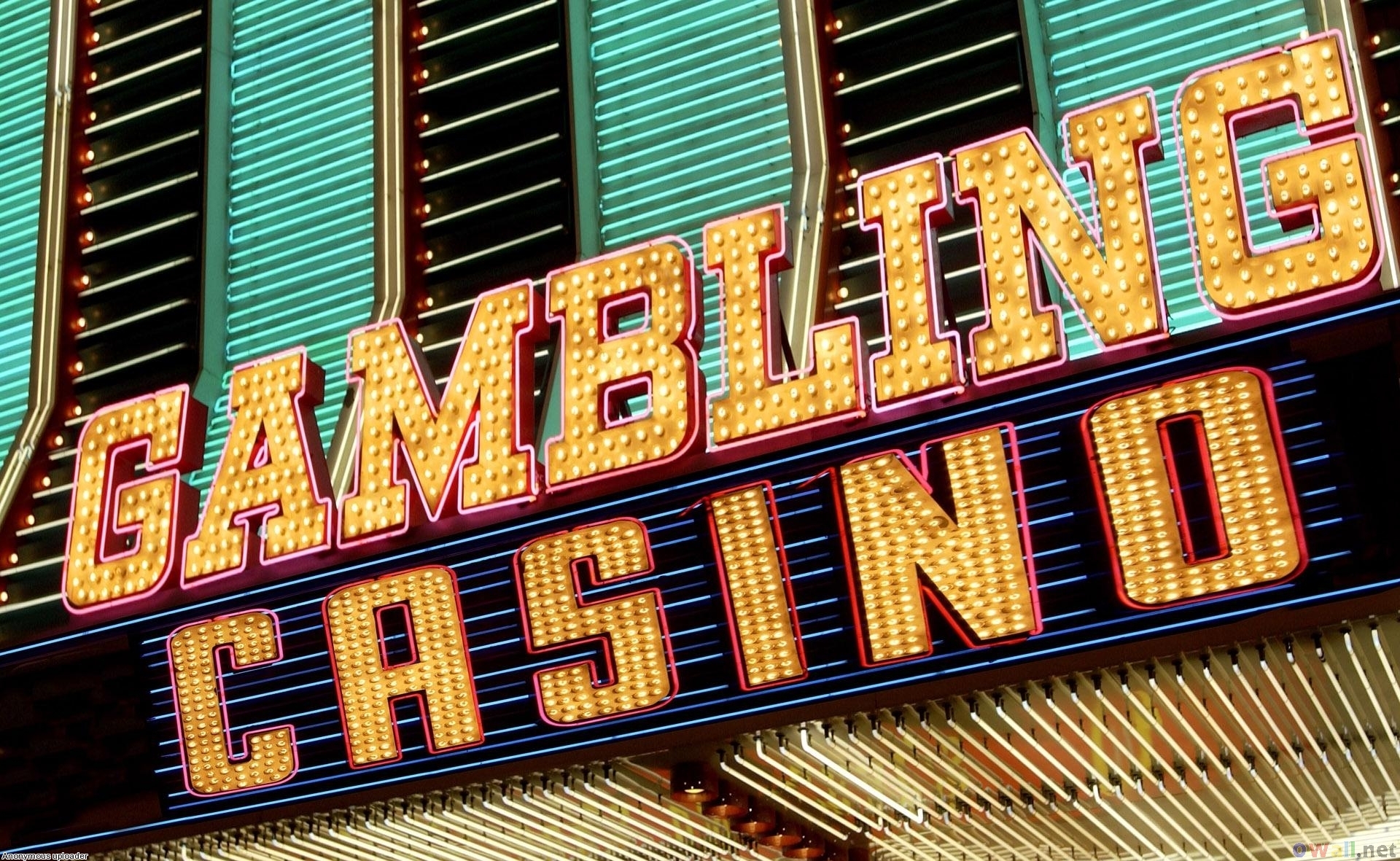Casino entertainment have long been a fascinating entertainment option, drawing numerous of players from diverse cultures around the globe. From the opulent casinos of Las Vegas to the bustling gambling halls of Macau, these games serve as a bridge that brings together people across different backgrounds. The allure of fortune, strategy, and gambling entices not only those seeking to gamble for profit but also those seeking a shared experience.
The significance of casino games extends far beyond the gaming floor. They often reflect the cultural standards and beliefs of the cultures in which they thrive. Games such as seven-card stud, blackjack, and the spinning wheel have embedded themselves into the fabric of cultural phenomena, influencing various aspects from cinema to fashion. As we explore this captivating intersection of luck and society, we can comprehend better how casino games shape and are shaped by the environment surrounding us.
Chronological Development of Gaming Games
The origins of gambling activities can be followed back to old cultures, where gambling in various forms was extensively practiced. In the East, around 2300 BC, a variant of gambling known as Keno was well-known, while in old the Roman Empire, soldiers would regularly bet on the results of their games. The notion of using luck for entertainment and income progressed over the ages, leading to the formation of more formal activities. By the final Middle Ages, betting houses began to appear in Europe, notably in Italy, which introduced early versions of popular activities still played today.
As betting gained fame in Europe, the 17th and 18th centuries saw the emergence of gaming houses as specialized locations for betting. Game bài GOOD88 The initial official gaming venue, the Ridotto, was set up in Venice in the year 1638, providing activities like Baccarat and the game Faro. This era marked a major pivoting point, as gaming venues began to welcome not just the wealthy but also the expanding middle class. The sophistication of games evolved, leading to the development of new rules and variations that enhanced the gaming experience.
In the 19th century, the industrial revolution and shifts in social norms additionally transformed the landscape of casino activities. The launch of roulette and modern gaming machines drew a more diverse audience, and gambling establishments became seen as acceptable entertainment. This time witnessed the globalization of casino activities, as casinos expanded from European nations to the Western Hemisphere, culminating in the development of the famous Las Vegas Boulevard in the 1900s. The development of casino games has persisted into the current era, including modern technology and digital platforms, making them accessible to a global market.
# Cultural Relevance within Different Communities
Casino games have profound cultural and social value across many societies across the globe. https://good88ni.com/ For instance, in Las Vegas, the very core of the urban landscape is woven around gambling establishments, where gambling is not just a recreational activity but a central aspect of leisure and community life. The vivid lights and vibrant atmosphere attract millions, showcasing how casino games can impact local economical structures and cultural identities. This setting transforms the notion of relaxation into an immersive encounter that influences apparel, music, and even cinema.
Conversely, some cultures approach betting with more caution, viewing it through the lens of ethical beliefs and customs. A case in point, in many Eastern cultures, games like Mahjong and Pai Gow are steeped in history and carry significant social relevance. These games are often played during meetings and occasions, fostering collective connections and reinforcing family ties. The act of engaging in these games goes above mere leisure, reflecting principles such as honoring elders and the value of collective enjoyment.
Simultaneously, in continental countries such as Monte Carlo and Italy, casino games serve as symbols of opulence and sophistication. The refined atmosphere of these locations attracts both travelers and locals, upholding a sense of prestige and elitism. The art of Texas Hold’em and the strategic elements of games like banker’s game are celebrated, shaping social dynamics and establishing an attraction that enthralls a heterogeneous audience. This underscores how casino games can concurrently echo and shape cultural attitudes towards danger, gain, and social interaction.
Economic Impact and Tourism
Gambling activities play a important role in the economic landscape of many regions, particularly those that rely heavily on tourism. The revenue produced from casino operations fuels local financial systems, creating employment opportunities not only within the casinos but also but also in related sectors such as hospitality, restaurant services, and recreation. This surge of tourists, drawn by the allure of gambling and the overall gaming environment, stimulates spending across multiple businesses, contributing to the economic health of the region.

The existence of casinos often leads to the construction of facilities, including lodging, transportation systems, and leisure amenities. These developments are essential in improving the overall visitor satisfaction, making destinations more appealing to tourists. Additionally, many casinos invest in local communities through support of events and charitable activities, further integrating themselves into the social fabric of the region. Such contribution not only supports economic growth but also fosters a positive image of the casino industry.
Furthermore, the global popularity of casino games drives tourism competition, with locations vying to attract gamblers from across the globe. Iconic destinations like Las Vegas and Macau have become identifiable with casino culture, drawing millions each year. This advantage encourages innovation and diversification within the gambling sector, influencing developments in entertainment and accommodation that resonate beyond their borders. The consequences of this tourism extend wide, impacting local financial health and cultural exchanges on a global scale.
